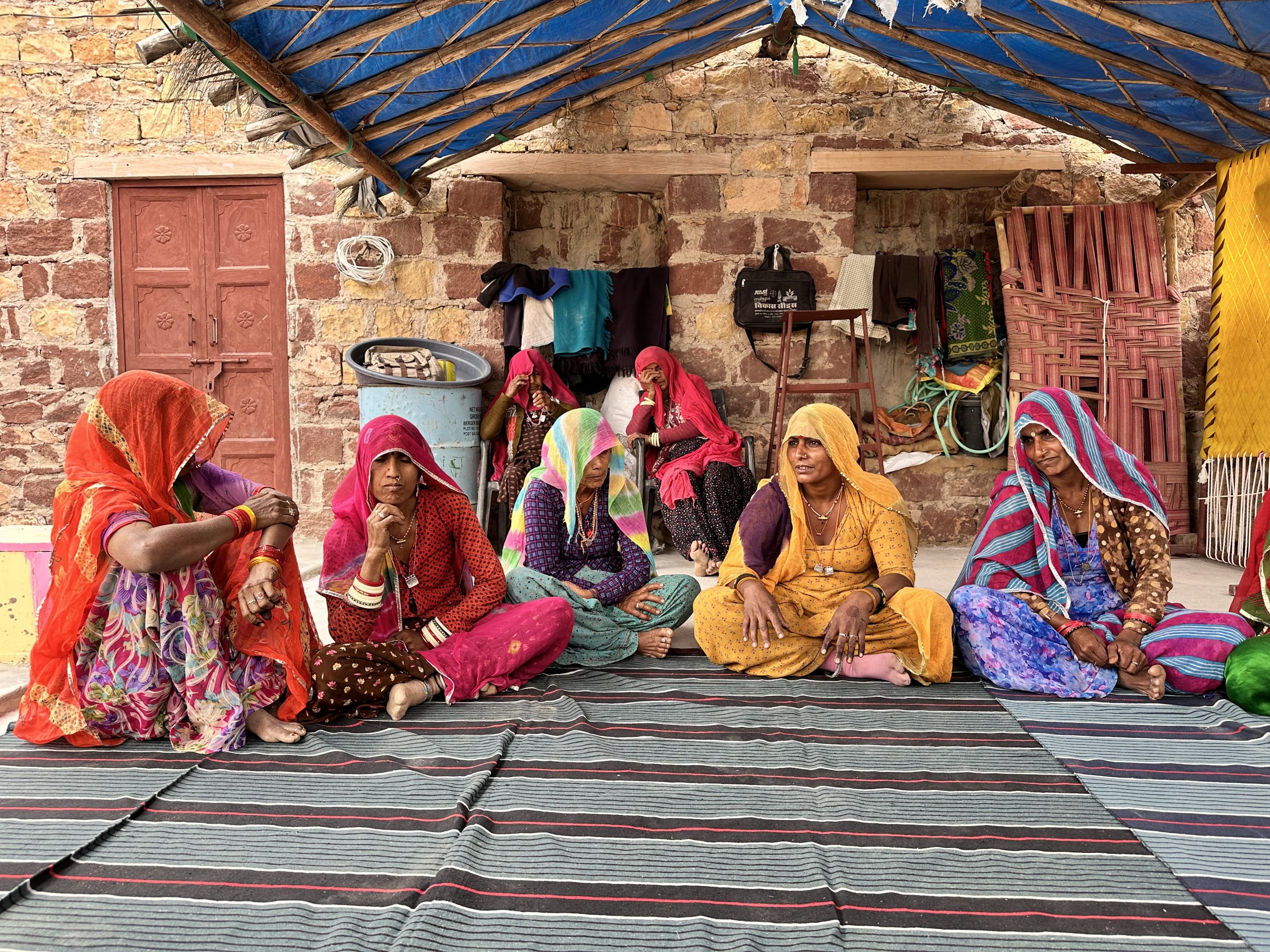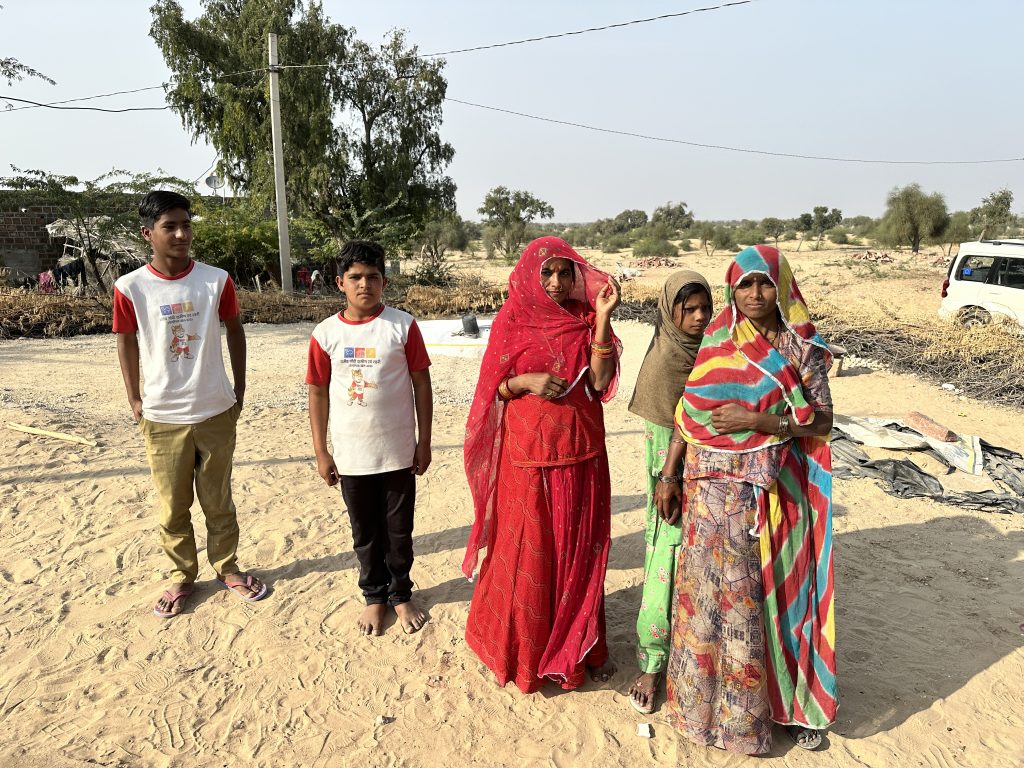written by Joseph Akure – Program Officer

Today we celebrate Earth Day to honor the environmental movement’s achievements and to raise awareness about the need to protect Earth’s natural resources for future generations. Vista Hermosa Foundation partners help communities conserve and protect the planet through activities like regenerative agriculture, reforestation, and climate change mitigation and adaptation.
Today we are highlighting the work of one of our partners in India, GRAVIS, which supports communities in the Thar Desert in protecting the environment through soil and water conservation techniques.
India remains a fascinating country for me. My second visit this year, specifically to the Thar Desert, brought back memories of my home village in Turkana, Kenya. The aridity, vegetation (acacia trees and shrubs), soils, and water scarcity are some of the striking similarities between the two places.
Our visit to the Thar aimed to deepen our relationship with our partners and the communities they serve, so to better understand the context in which they operate. Water access is a significant challenge in the Thar, a region prone to droughts. Women and girls walk long distances in high temperatures to gather water for domestic use. Livestock also travel great distances to water points. Farming is only feasible during the monsoon season.
GRAVIS merges traditional knowledge with modern techniques to rejuvenate natural resources and empower marginalized communities to mitigate and adapt to the droughts. Since 2016, GRAVIS has partnered with VHF to implement a project called Gender Equality by Mitigating Droughts in the Thar desert. Now in its third phase, the project supports women to build water structures such as Tankas (underground tanks), water ponds, and Khadin (soil berms) to harvest rainwater during the monsoon for domestic and irrigation purposes.
The water stored in tankas can sustain a household for five to seven months, eliminating the need for women and girls to walk long distances in search of water. This allows women to dedicate more time to other tasks, while girls gain the opportunity to attend school, just like boys.
The Khadins also contribute to soil conservation by reducing the velocity of water flow, increasing water percolation into the soil and uniform spread across the fields allowing families to cultivate crops such as mustard that mature quickly and require less moisture during the dry months. Additional sustainable irrigation techniques transform the desert into green space and ensure community food security.
At the Broetje Family Trust, we place great importance on water conservation due to the family farming legacy of the Trust and emphasis on stewarding God’s Creation. We understand the crucial role water plays in sustaining life. What are you doing in your community to care for God’s creation?



